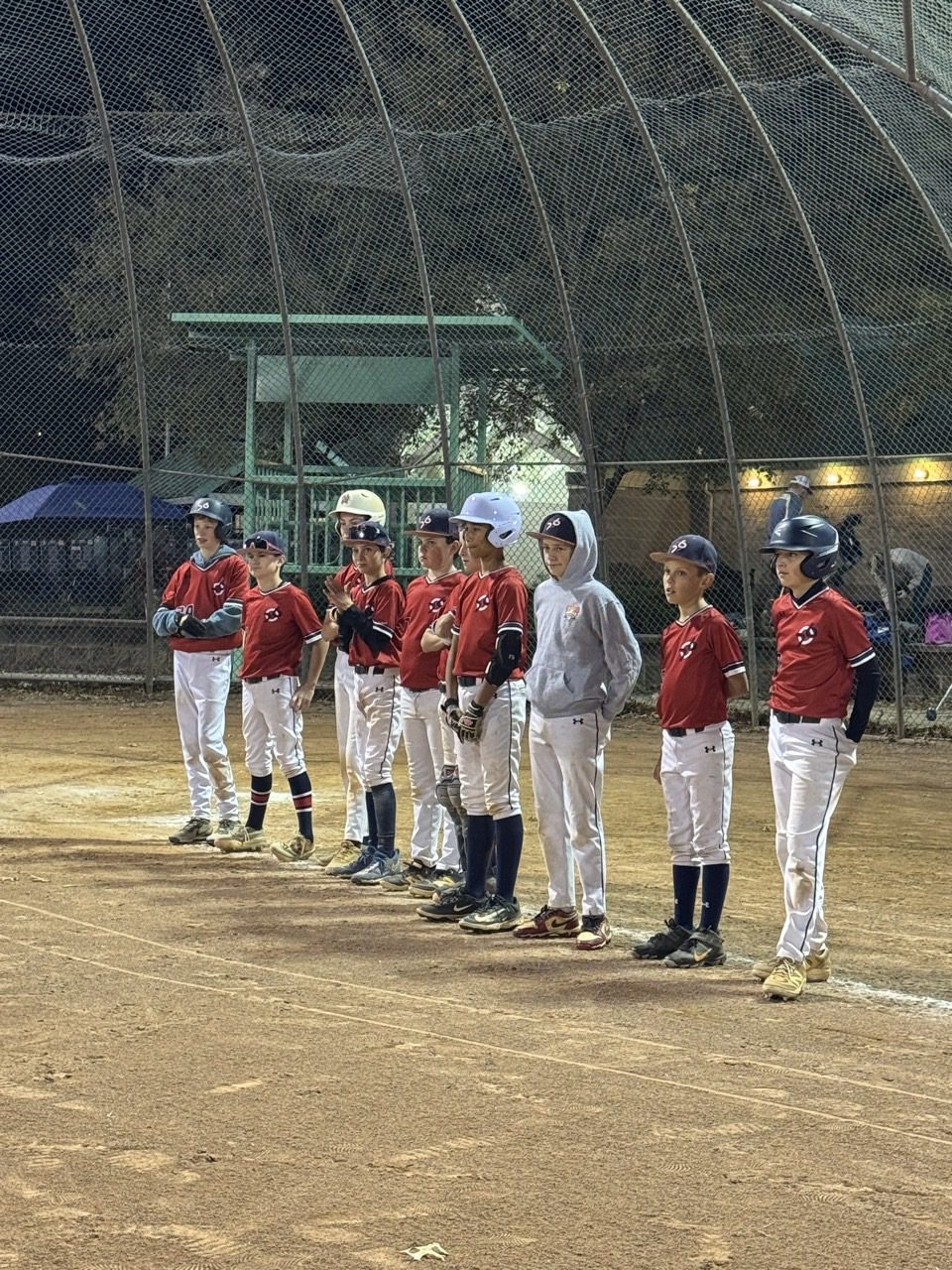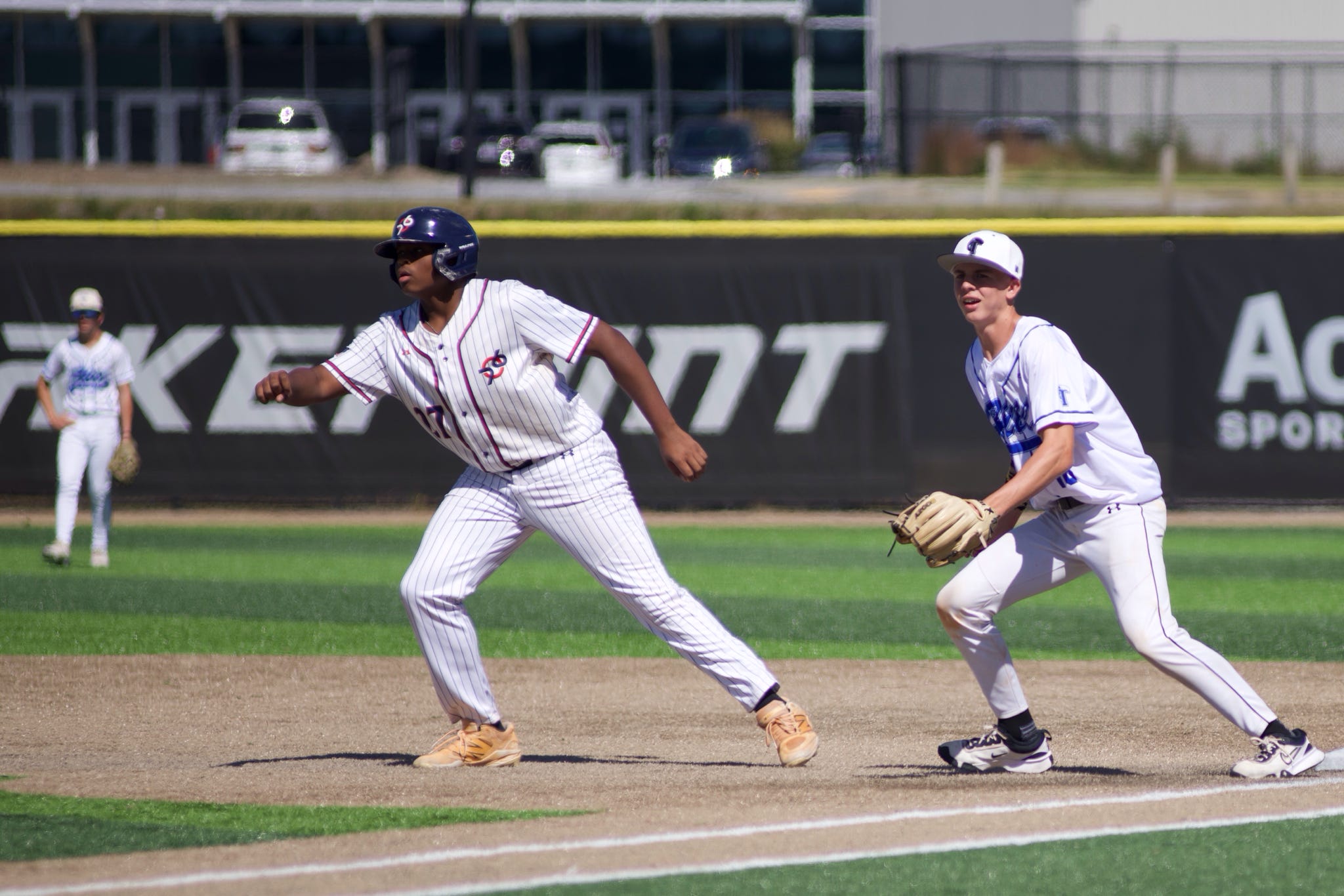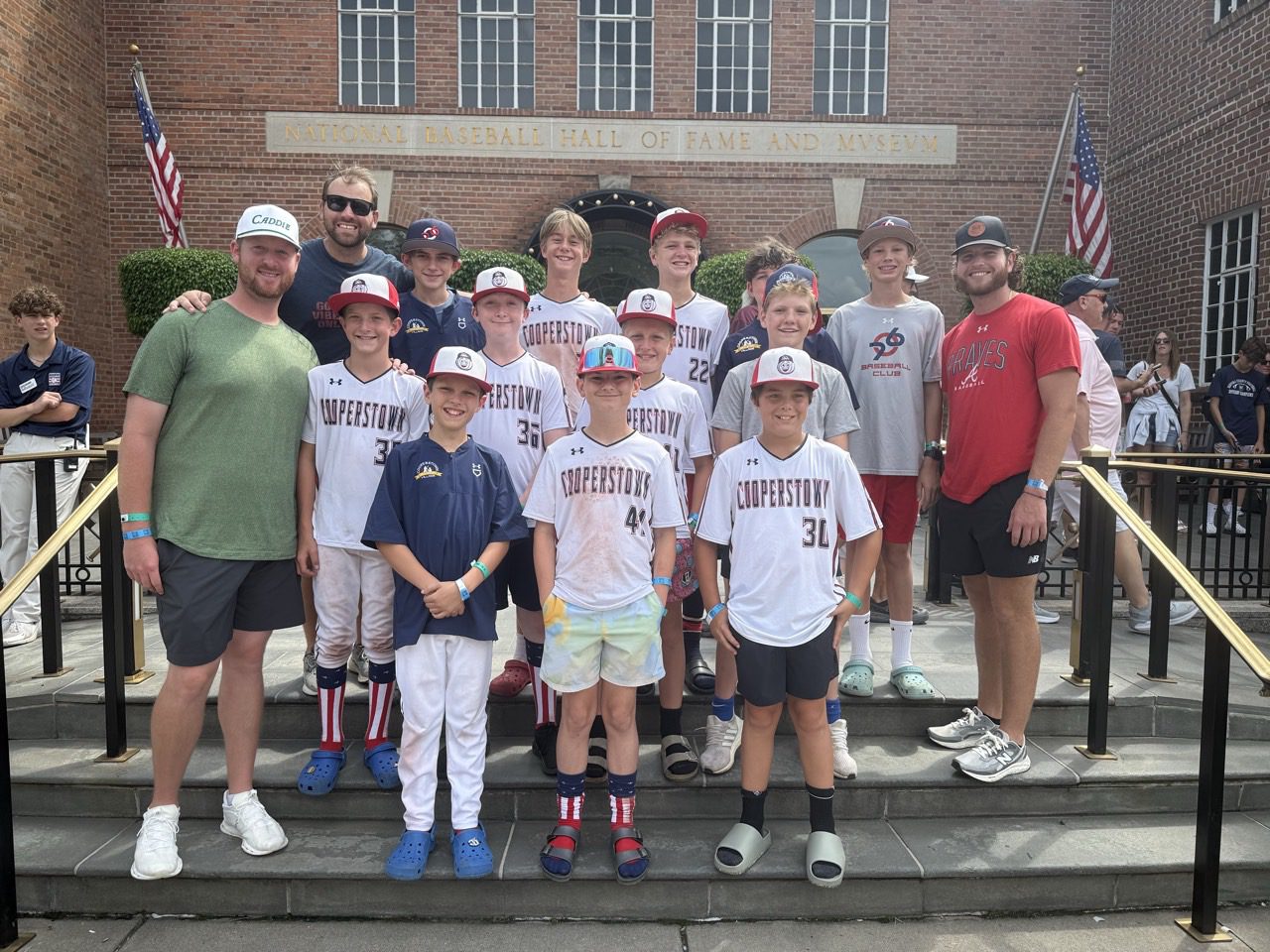For a more in depth understanding of our program, the video above outlines our Team Handbook. It is more than a set of rules; it functions as a philosophy for youth development through sport. Rooted in a process-over-outcome mindset, the program emphasizes character formation as much as competition. Coach Cason’s opening message frames winning as secondary to growth, with lessons drawn from his own playing career: resilience, emotional management, work ethic, leadership, respect, and relationship-building. The mission is explicitly values-driven and this ethos informs a structured approach to how the club trains, competes, and interacts.
Five core values—perseverance, humility, attitude, sportsmanship, and effort—serve as behavioral anchors. These values are operationalized through clear practices: prioritizing training over sheer volume of games, using data to track development, and maintaining a 65/35 practice-to-games ratio endorsed by national organizations. Playing time is earned rather than guaranteed as this is not a pay to play program. A player’s attitude, effort, attendance, and adherence to team standards matter alongside on-field performance. The club blends development and competition by offering broader rotation in pool play and setting the strongest lineup in bracket play, maintaining accountability while still focusing on growth.
Expectations extend to players, parents, and coaches, underscoring a shared responsibility for culture. Players are expected to uphold values, avoid sideline coaching from family, and understand that practice performance is continually evaluated. Parents must refrain from arguing, gossip, and in-game coaching, and follow a 24-hour rule before raising concerns. Coaches are tasked with prioritizing long-term development and player well-being—monitoring pitch counts, modeling respect, and fostering joy in the game. Safety is central, particularly for pitchers, with transparency around multi-team participation and pitch-count limits designed to reduce injury risk.
The handbook is equally direct about financial structure and commitments. Dues are calculated from the team budget and are non-refundable once rosters are set, reflecting upfront costs like coaching, tournaments, and facilities. Late payments incur daily fees and can affect playing time; lack of communication may lead to roster replacement. Fundraising is optional and applied to player accounts, with any excess supporting the team rather than being refunded. Families also cover travel, lodging, and individual gear, offering a full picture of the total investment required.
Taken together, the 706 Baseball Club offers a blueprint for a values-led, professionalized youth sports model that seeks to balance high-level competition with holistic development. By codifying clear standards, prioritizing practice and safety, and holding all stakeholders accountable, the program aims to build more than athletes—it aims to build people. The approach suggests a broader lesson applicable beyond sports: success is often the byproduct of disciplined process, shared standards, and a culture that prizes character as much as outcomes.



